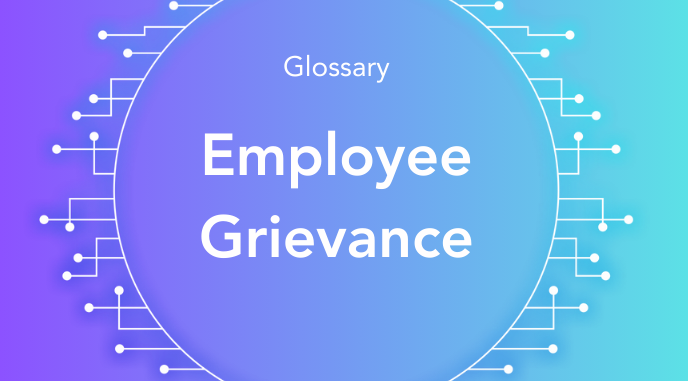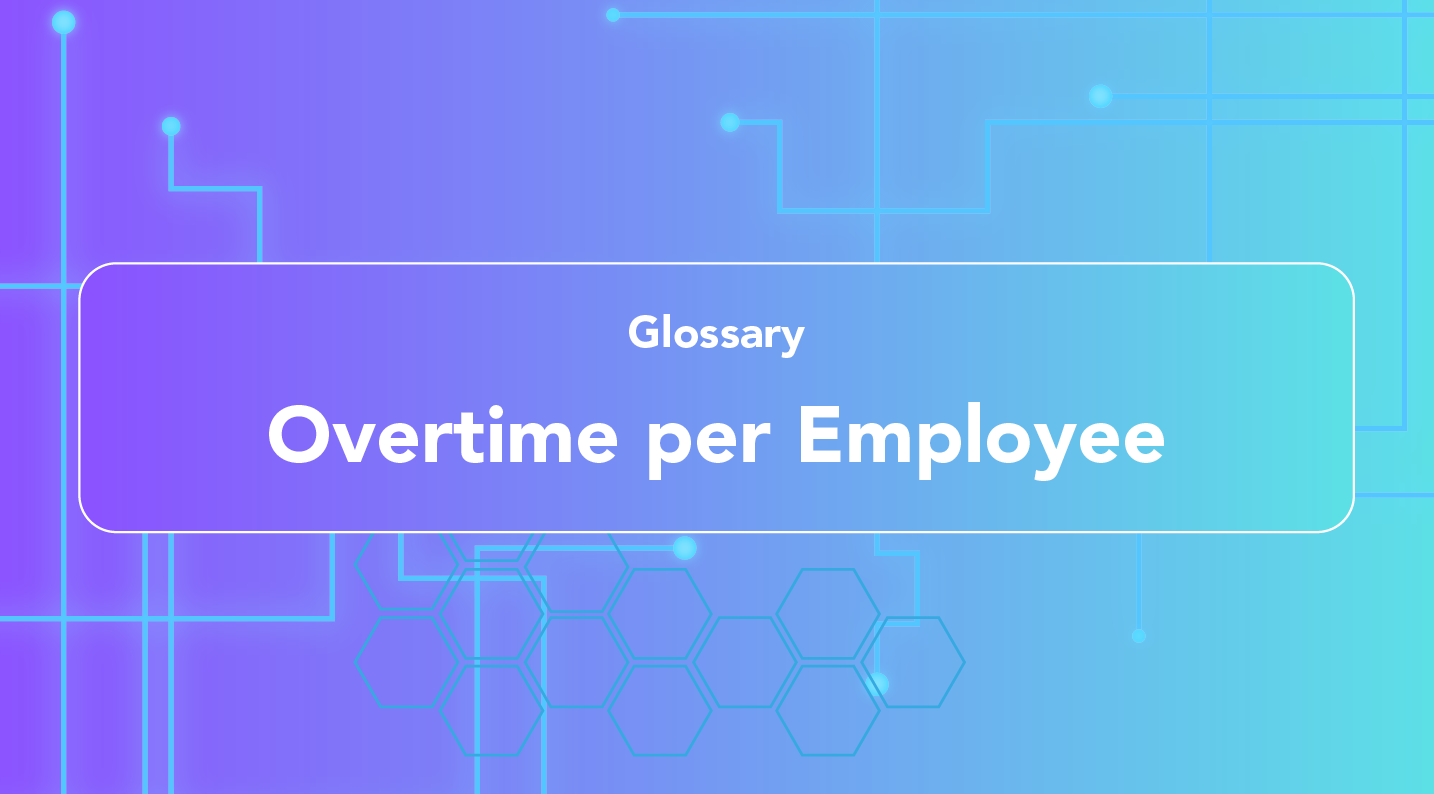- glossary
An employee grievance is a formal complaint raised by an employee regarding any aspect of their work environment, employment conditions, or relationships with colleagues and management. Grievances can pertain to issues such as unfair treatment, workplace harassment, discrimination, disputes over policies, and working conditions. Effectively managing employee grievances is crucial for maintaining a positive work environment, ensuring employee satisfaction, and preventing potential legal issues.
Types of Grievances:
-
Work Conditions: Complaints about unsafe or unhealthy working conditions, inadequate resources, or excessive workloads.
-
Interpersonal Conflicts: Issues arising from conflicts with colleagues, supervisors, or subordinates.
-
Discrimination and Harassment: Allegations of unfair treatment based on race, gender, age, religion, or other protected characteristics, as well as reports of harassment.
-
Policy Disputes: Disagreements over the application or interpretation of company policies, procedures, or disciplinary actions.
-
Compensation and Benefits: Concerns related to pay, bonuses, benefits, or inequitable compensation practices.
Grievance Handling Process:
-
Filing a Grievance: Employees should have a clear and accessible procedure for reporting grievances. This typically involves submitting a formal written complaint to a designated HR representative or manager.
-
Acknowledgment: The grievance should be acknowledged promptly, and the employee should be informed of the next steps and the expected timeline for resolution.
-
Investigation: A thorough and impartial investigation should be conducted to gather facts and understand the nature of the grievance. This may involve interviews with the involved parties, reviewing relevant documents, and examining workplace conditions.
-
Resolution: Based on the investigation findings, appropriate action should be taken to resolve the grievance. This might include mediation, policy changes, disciplinary action, or other corrective measures.
-
Feedback: The employee should be informed of the outcome of the investigation and the steps taken to address their grievance. Ensuring transparency and clear communication is essential.
-
Follow-up: Follow-up with the employee to ensure that the resolution has been effective and that there are no further issues.
Benefits:
-
Addressing grievances promptly and fairly enhances employee satisfaction and trust in the organization.
-
Effective grievance management helps prevent conflicts from escalating and promotes a harmonious work environment.
-
Properly handling grievances ensures compliance with labor laws and reduces the risk of legal disputes.
-
Grievances can highlight areas for improvement within the organization, leading to better policies and practices.

.png?width=50&height=50&name=Team%20HONO%20logo-01%20(1).png)



